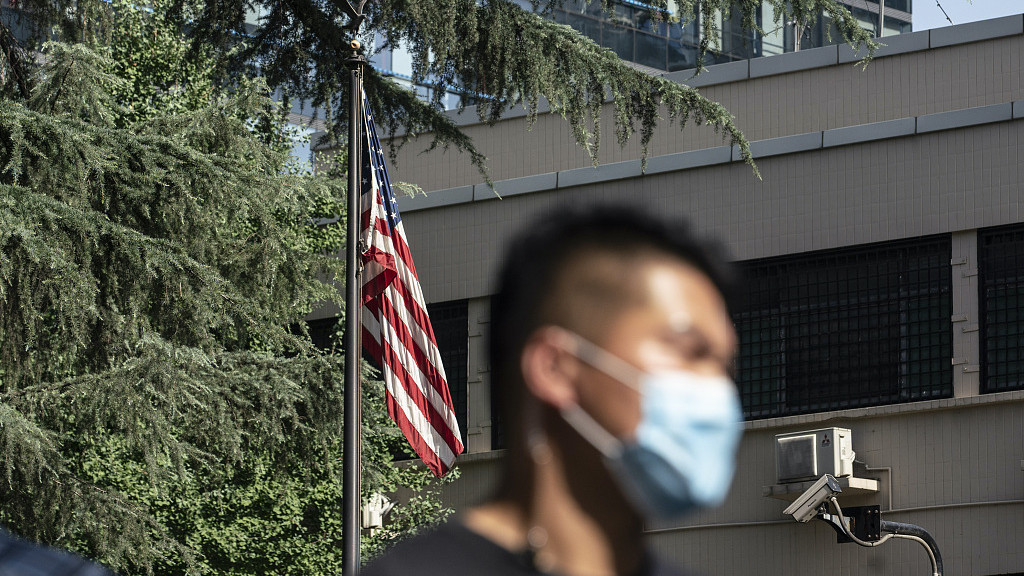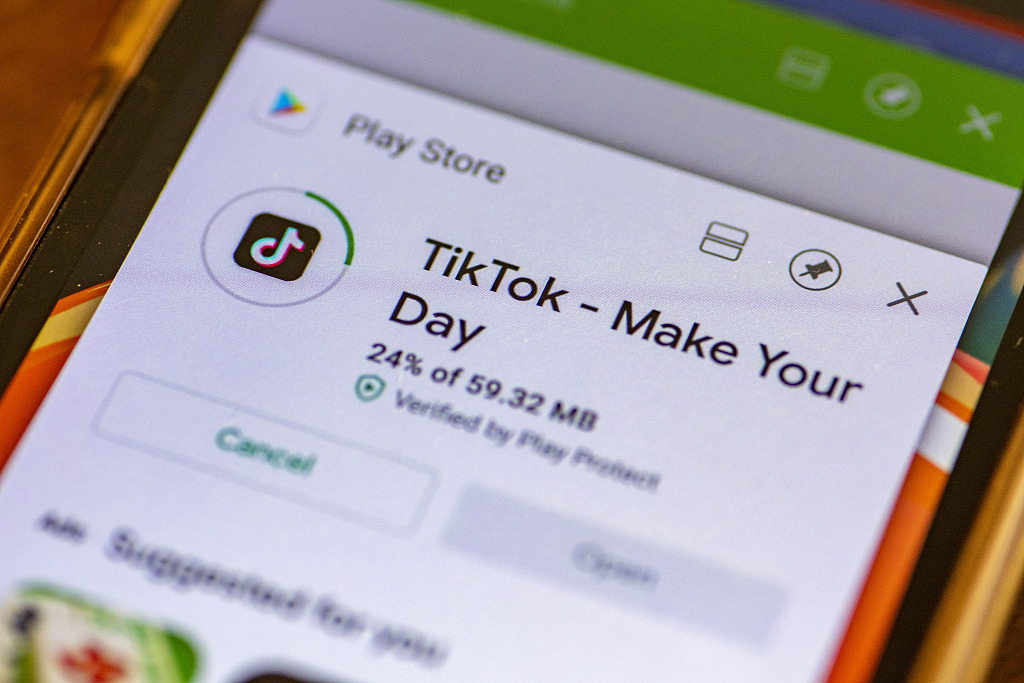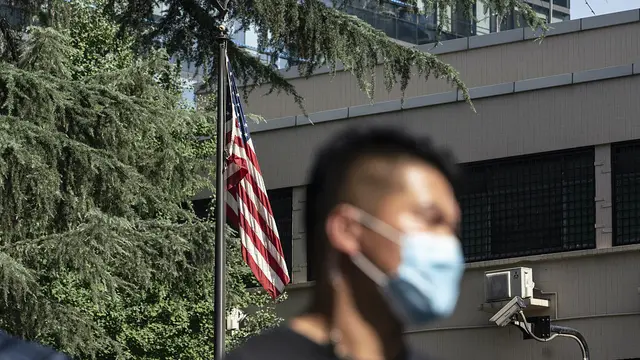
Editor's note: CGTN's First Voice provides instant commentary on breaking stories. The daily column clarifies emerging issues and better defines the news agenda, offering a Chinese perspective on the latest global events.
Ten years ago, it would be really hard to imagine China would be in a spotlight position in America's foreign policy. The White House would worry about conflicts in the Middle East and Russia's potential threat, but not China.
In recent years, however, it seems that China-U.S. relations have moved to the center stage of America's foreign policy. If Barack Obama's Pivot to Asia strategy was a bit more subtle, then Donald Trump has made his suspicion towards a rising China crystal clear. From tit-for-tat trade war to attacks on Chinese tech companies like Huawei and TikTok, the current COVID-19 pandemic has become yet another catalyst to deteriorating Sino-U.S. relations.
It seems that an anti-China consensus has become the new common understanding among Americans- or does it? Two recent reports on how Chinese and Americans view each other may provide a more complicated picture.
The two reports, produced by the Institute of International and strategic studies at Peking University and America's opinion research company Prime Group, investigated the general view of the image of China and America held by the public and experts.
It is interesting to note that 21 percent of both Americans and Chinese view China and the U.S. favorably, while experts in Beijing view America much more positively (32 percent) than American experts (9 percent).
The gap between views towards China between Washington elites and American people says at least one thing: that there is indeed a common understanding that China is seen as a rivalry or competitor, rather than a partner on a strategic level. But that understanding has not been widely accepted by the public.

VCG
The White House may worry about a strong China as a military threat on a geopolitical basis. But American people perhaps know more about China through "made in China" products and Chinese culture. This gap leaves room for more communication and interaction between two countries on a social level.
The worrying sign is that experts in both countries have a much more negative view towards the current bilateral relations (2 percent of American experts and 3 percent of Chinese experts) than the public (15 percent and 14 percent respectively). This gap can be explained by different sources these groups have to understand the current relationship. Experts may have more inside story regarding policy and strategy making while the public mainly relies on media reports. In a way, experts' pessimistic attitude reflects how governments in both countries view the current relations.
But there are two important points that both experts and the public have reached an agreement: that trade dispute is the main factor obstructing the ties between two countries; all groups disapprove of Trump's approach in managing Sino-U.S. relations. That means both sides have realized that the current trade war benefits no one. Only a few days ago, some 3,500 U.S. companies sued over tariffs initiated by Trump on Chinese products – the pain is real.
The common dislike towards Trump's China approach may arise from the consensus that both countries' economic development will benefit the other party (about one-third from both sides). It has been proved that the zero-sum mindset that the Trump administration holds cannot solve the problems and concerns of both sides but only to worsen them.
So cooperation is mutual hope. But how? The two reports listed expectations from both sides towards each other, and the difference is not to be ignored: while Chinese people and experts hope both sides can invest more in education and technology cooperation; American people care more about issues like nuclear weapons, cybersecurity and opening upmarket.
But issues like Hong Kong and Xinjiang that have been used by the White House to attack China are simply not priorities of the American public. So the answer to the "how the question" might just lie in the economic cooperation and social communication between two sides.
Scriptwriter: Zhao Yuanzhen
(If you want to contribute and have specific expertise, please contact us at [email protected].)
 简体中文
简体中文

